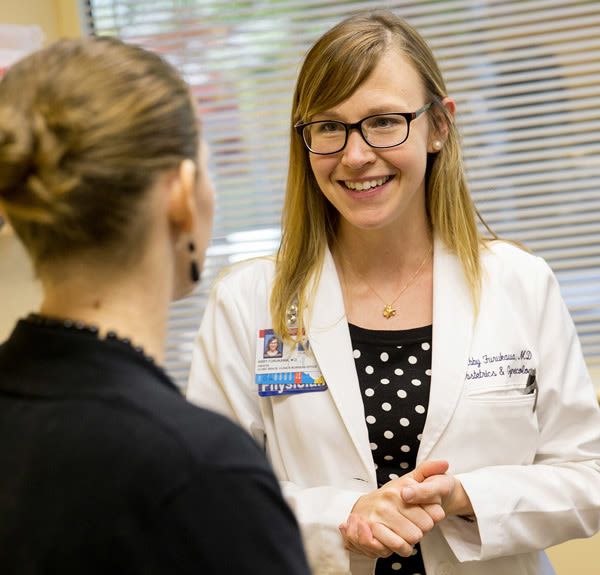Taking Care

MY CHILDHOOD DOCTOR’S name was Stockton, and I remember him most for his smell. He smelled clean and capable (comforting, even), and I liked the guy even as he immunized me. That’s right—he administered the vaccinations himself, and he stuck the Band-Aid on, too.
Today’s physicians also go into medicine to nurture human health, but these days most of their offices smell less like comfort than pharmaceutical hype and scheduling meltdown. Even a healthy patient feels somewhat vulnerable in an examination room, but the hurry-up method of caregiving can make you feel downright invisible. The clock starts ticking the minute the doctor walks through the door, and about twenty minutes later, as your time winds down, you can keep asking questions or expressing concerns, but chances are your doc will just back on out of the room. Do no harm? Treating me like a widgetéI promise you, that does me harm.
If this sick economy is messing with our bank accounts, imagine what it’s doing to our bodies. Any caregiver can tell you stress undermines health. Better not to imagine the anxiety-related evils taking cellular root in our bodies. Now more than ever I like the sound of the “medical home” concept of primary health care, which is widely admired but seldom practiced. As you’ll read in deputy editor Jill Davis’s story House Calls with hot links to additional resources—the concept is being tested in a handful of clinics here and may one day serve as a national model.
Medical home assigns a standing team of caregivers to each client, to treat the whole patient. The hyperpersonal approach allows for closer monitoring of blood sugar, mammograms, behavioral health, and other indicators that could add up to a costly medical crisis if left unchecked. Just getting fifteen to twenty ER habitués into the program has already saved CareOregon about $1 million per year by helping these patients spend less time in the emergency room. “It makes sense that if you can keep people healthier, then your costs will be under control, because primary care is relatively inexpensive compared to hospital stays or emergency care,” CareOregon medical director David Labby told Davis.
The other bonus sounds pretty great, too. If you know you’ve got a medical team waiting just for you—your name on their lips, your file at their fingertips, your well-being at the center of their expert attention—you’re a whole lot more likely to show up.
And taking care of oneself and others starts with showing up.
Paige Williams
Editor in Chief
